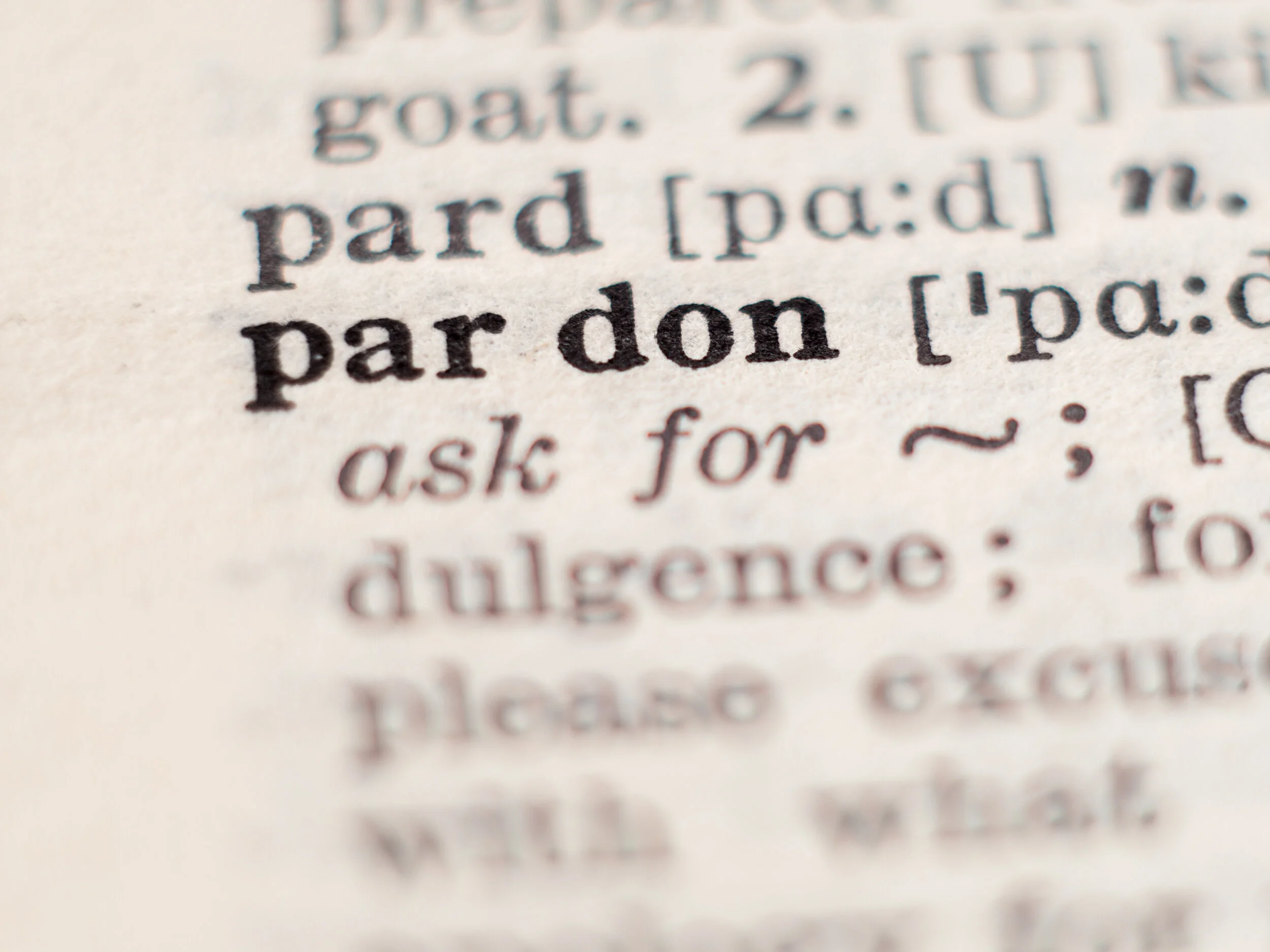Politics, Pardons and Commutations
/Politics, Pardons and Commutations
The power of clemency is one of the fullest powers bestowed on the president by the United States Constitution. The pardon powers of the president are outlined in Article Two of the United States Constitution (Section 2, Clause 1):The President shall be Commander in Chief of the Army and Navy of the United States, and of the Militia of the several States, when called into the actual Service of the United States; he may require the opinion, in writing, of the principal officer in each of the executive departments, upon any subject relating to the duties of their respective offices, and he shall have power to grant Reprieves and Pardons for Offenses against the United States.
Clemency given by a president falls into one of two categories: A pardon is an executive order granting clemency for a conviction; it may be granted at any point after the commission of the crime. As per Justice Department regulations, convicted persons may only apply five or more years after their sentence has been completed. However, the president's power to pardon is not restricted by any temporal constraints except that the crime must have been committed. Its practical effect is the restoration of civil rights and statutory disabilities (i.e., firearm rights, occupational licensing) associated with a past criminal conviction. A commutation is the mitigation of the sentence of someone currently serving a sentence for a crime pursuant to a conviction without vacating the conviction itself (example: Roger Stone).President Trump, as of this writing, has issued 44 pardons and commutations. This compared to President Obama, who after eight full years in office left with a total of 1,927.
Of greater importance than the number of individuals granted clemency is the severity of the offenses and the totality of the known information on their individual backgrounds, their likelihood of recidivism and their own success at improving their lives and the lives of others while incarcerated.
While the vast majority of President Obama’s executive clemency orders affected people considered being low-level and nonviolent participants in the drug trade, many with an addiction issue themselves, not all met those criteria. Perhaps President Obama’s most well-known commutation decision was when he ordered Army Private Chelsea Manning to be released from prison after serving just seven years of a 34-year sentence for passing secret documents to WikiLeaks.
Lesser known is that President Obama ordered the early and immediate release of Oscar Lopez Rivera on Jan. 17, 2017, as one of the final acts of his presidency. During the 1970s, Lopez Rivera headed a Chicago-based cell of the Armed Forces of National Liberation (FALN), which waged a futile but violent struggle to win Puerto Rican independence. The FALN claimed responsibility for more than 120 bombings between 1974 and 1983 that killed six and injured dozens. In 1981, a federal court in Chicago sentenced Lopez Rivera to 55 years for seditious conspiracy, armed robbery, interstate transportation of firearms and conspiracy to transport explosives with intent to destroy government property. The indictment listed 28 Chicago-area bombings. FBI agents at the time discovered dynamite, detonators and firearms at two residences occupied by Lopez Rivera. At trial, a cooperating witness from the FALN testified that Lopez Rivera personally trained him in bomb-making. Oscar Lopez Rivera is neither a low-level offender nor a repentant or nonviolent one.
In contrast, President Trump granted executive clemency and famously commuted the life sentence of first-time, nonviolent drug offender Alice Marie Johnson following a meeting between President Trump and Kim Kardashian. This was followed by landmark justice reforms through the First Step Act which requires the Board of Prisons to assess prisoner recidivism risk and place prisoners in recidivism-reducing and productive programs.
In fact, the president just recently commuted the sentences of five nonviolent offenders. The White House described all of the individuals as having been model inmates during their incarcerations who had worked to better themselves and the people around them while still behind bars.
So those are the facts. Conclude for yourself the importance executive clemency to those truly deserving second looks who contribute to our society in positive ways versus the potential danger in any president releasing those who could justifiably be deemed to be a threat to our republic.
A complete list of President Obama’s granted executive clemency requests can be found at: https://www.justice.gov/pardon/obama-pardons
https://www.justice.gov/pardon/obama-commutations
A complete list of President Trump’s granted executive clemency requests can be found at:
https://www.justice.gov/pardon/pardons-granted-president-donald-trump
https://www.justice.gov/pardon/commutations-granted-president-donald-trump-2017-present
Joel E. Gordon is a former Field Training Officer with the Baltimore City Police Department and is a past Chief of Police for the city of Kingwood, West Virginia. He has also served as vice-chair of a multi-jurisdictional regional narcotics task force. An award winning journalist, he is author of the book Still Seeking Justice: One Officer's Story and founded the Facebook group Police Authors Seeking Justice. Look him up at stillseekingjustice.com










